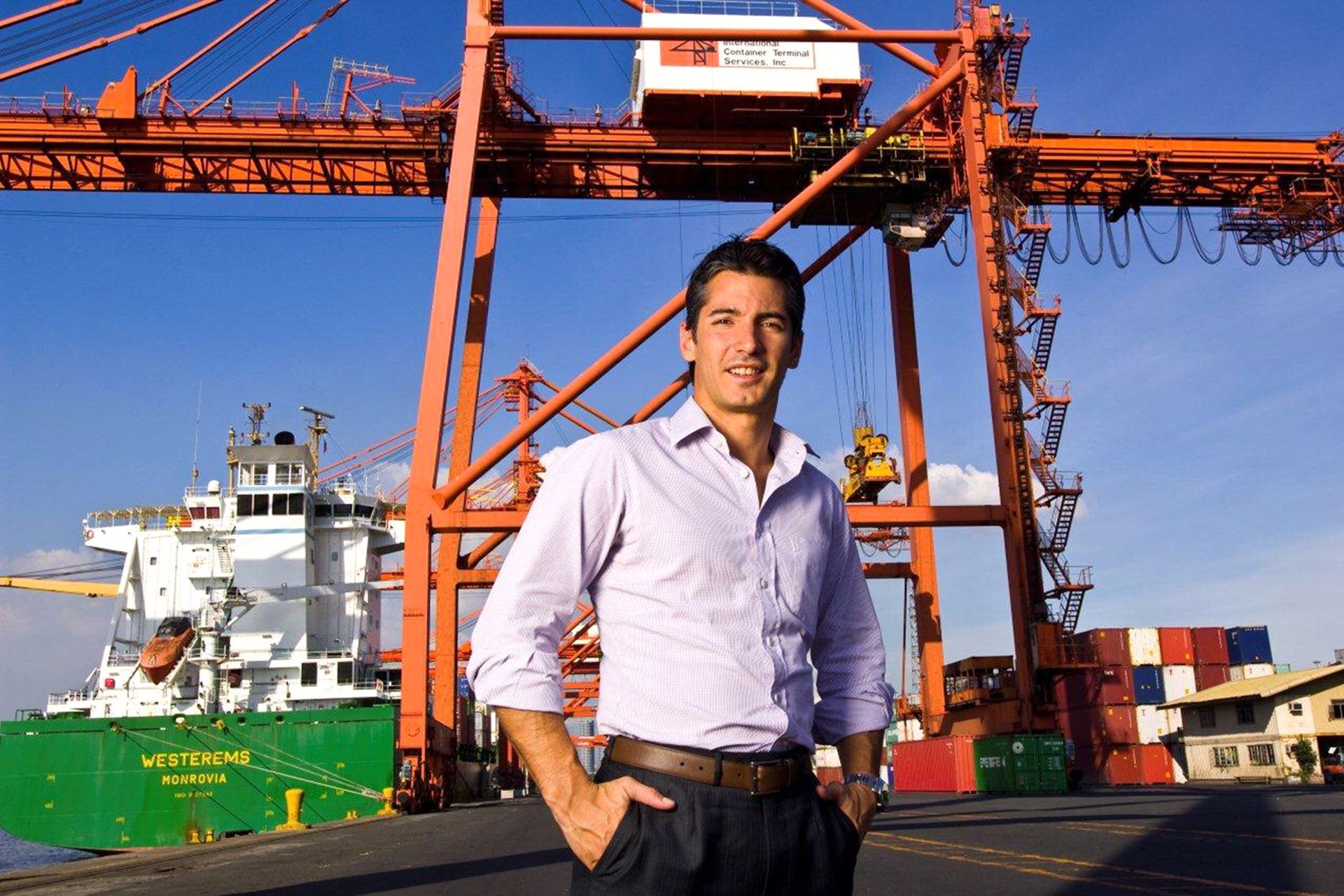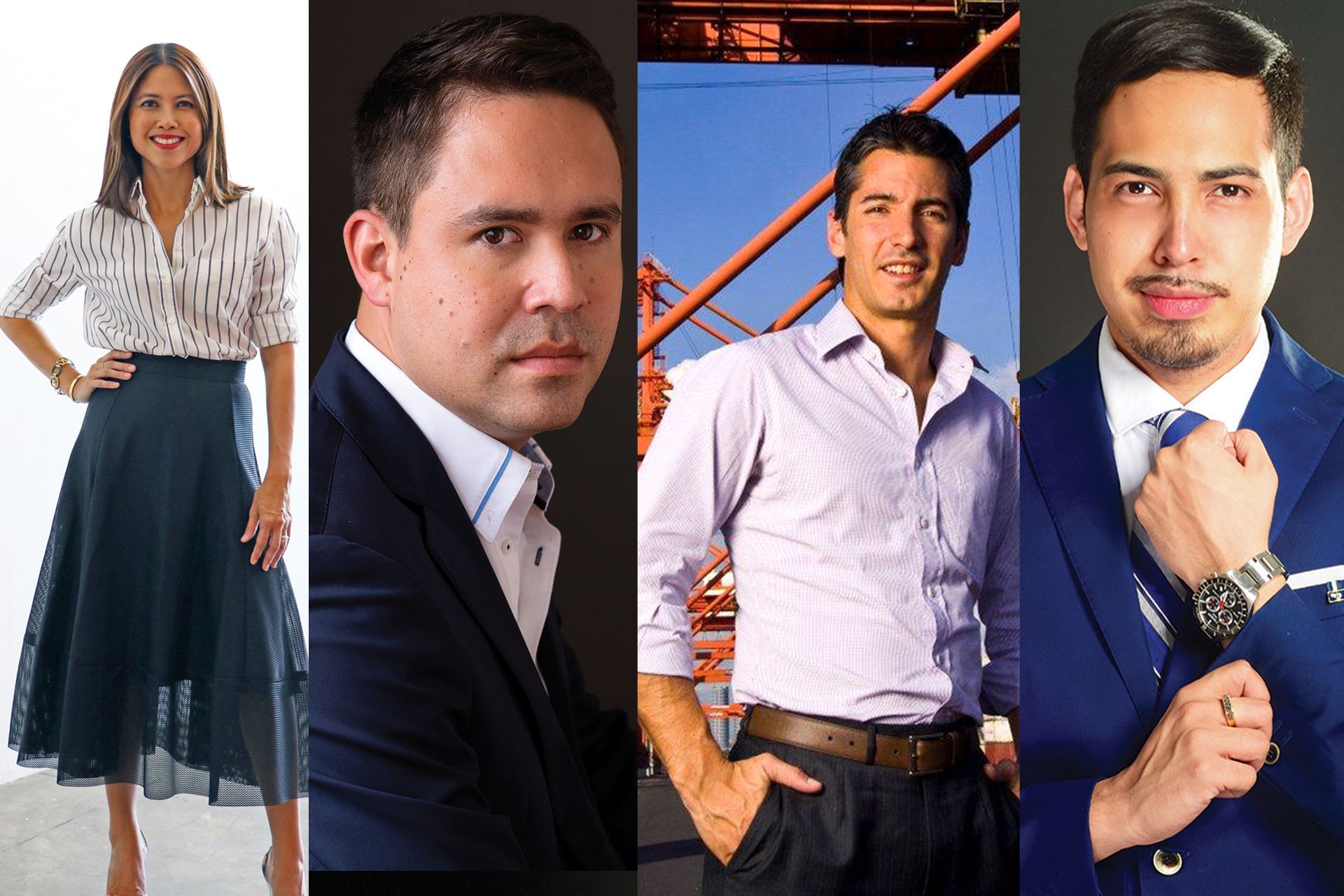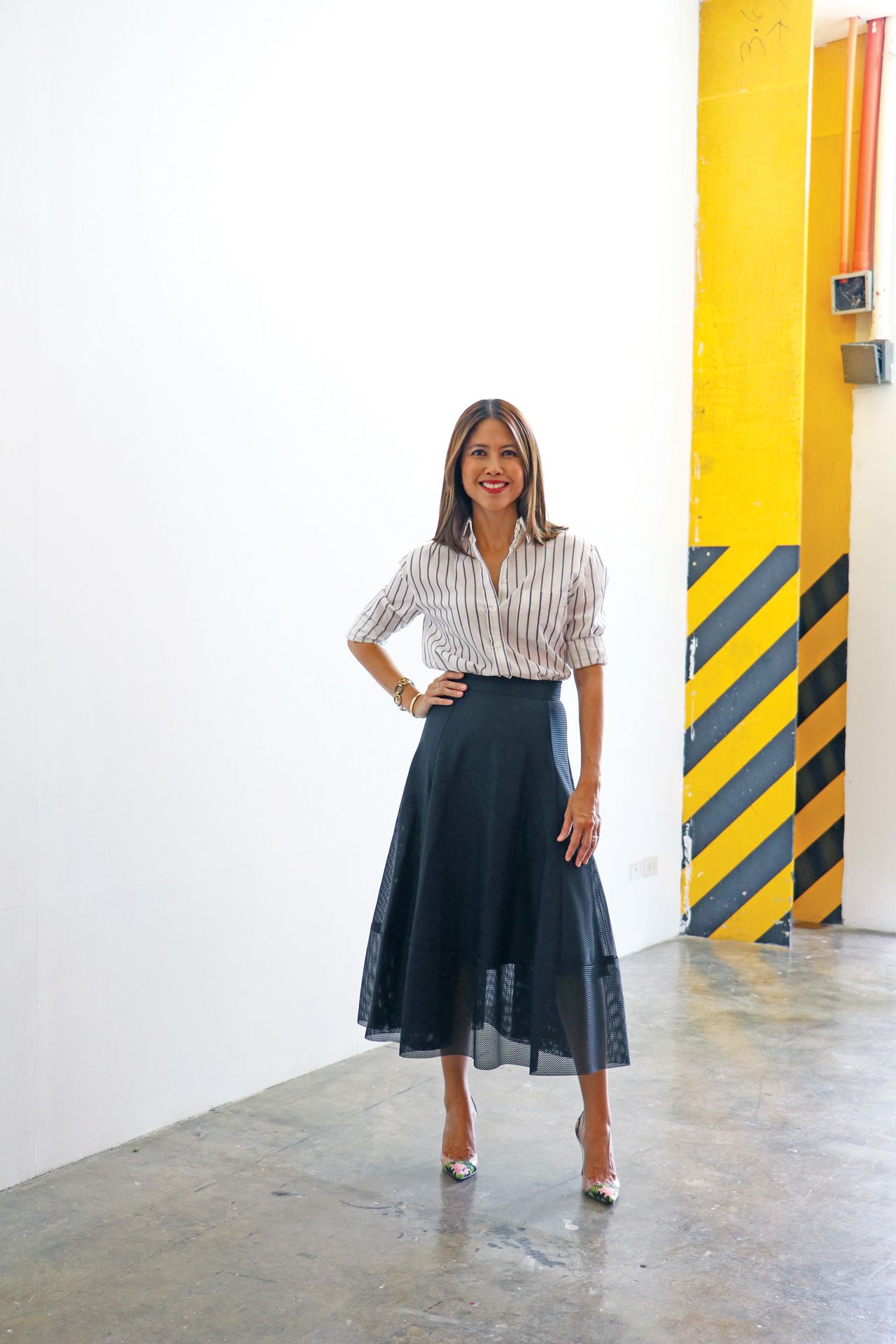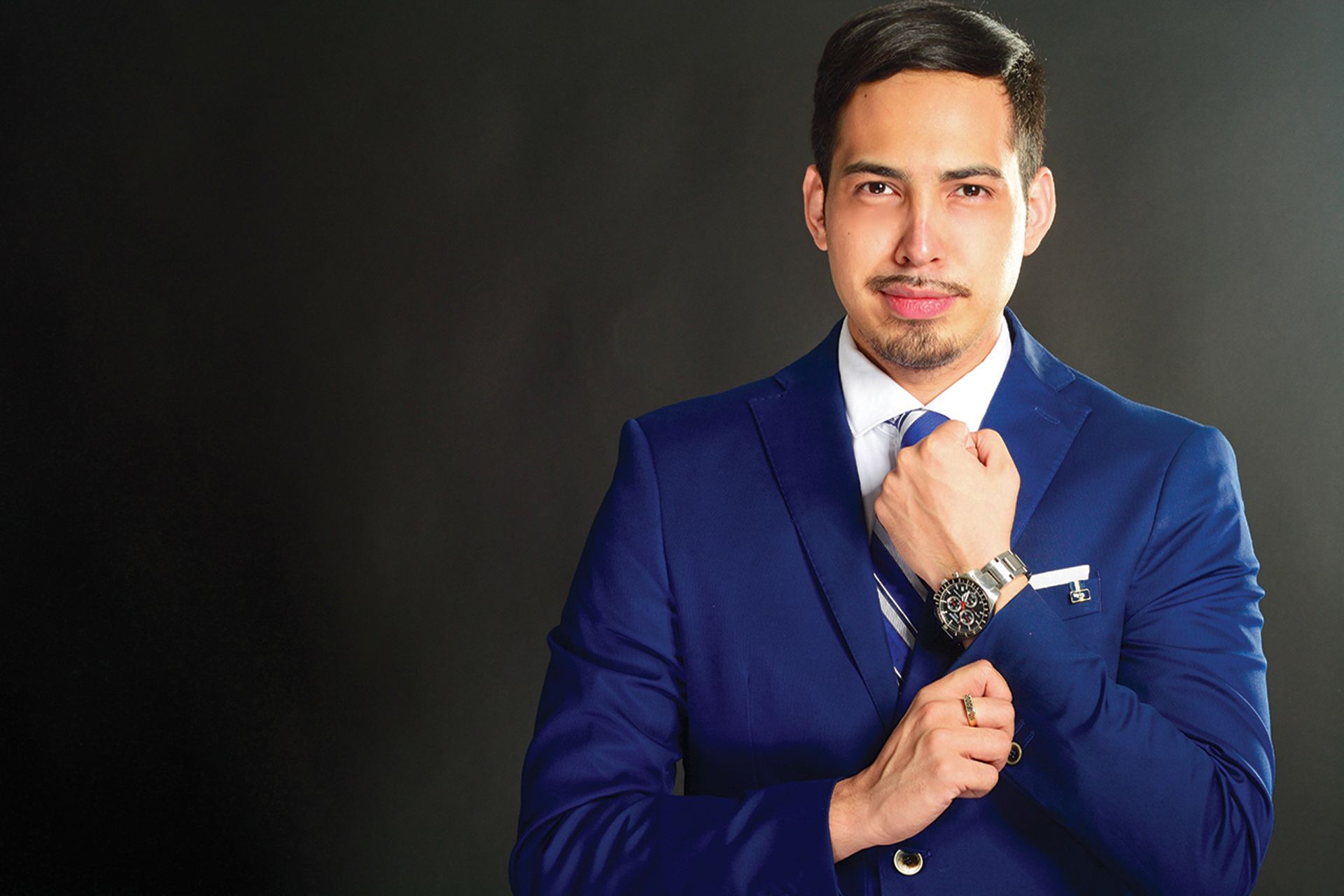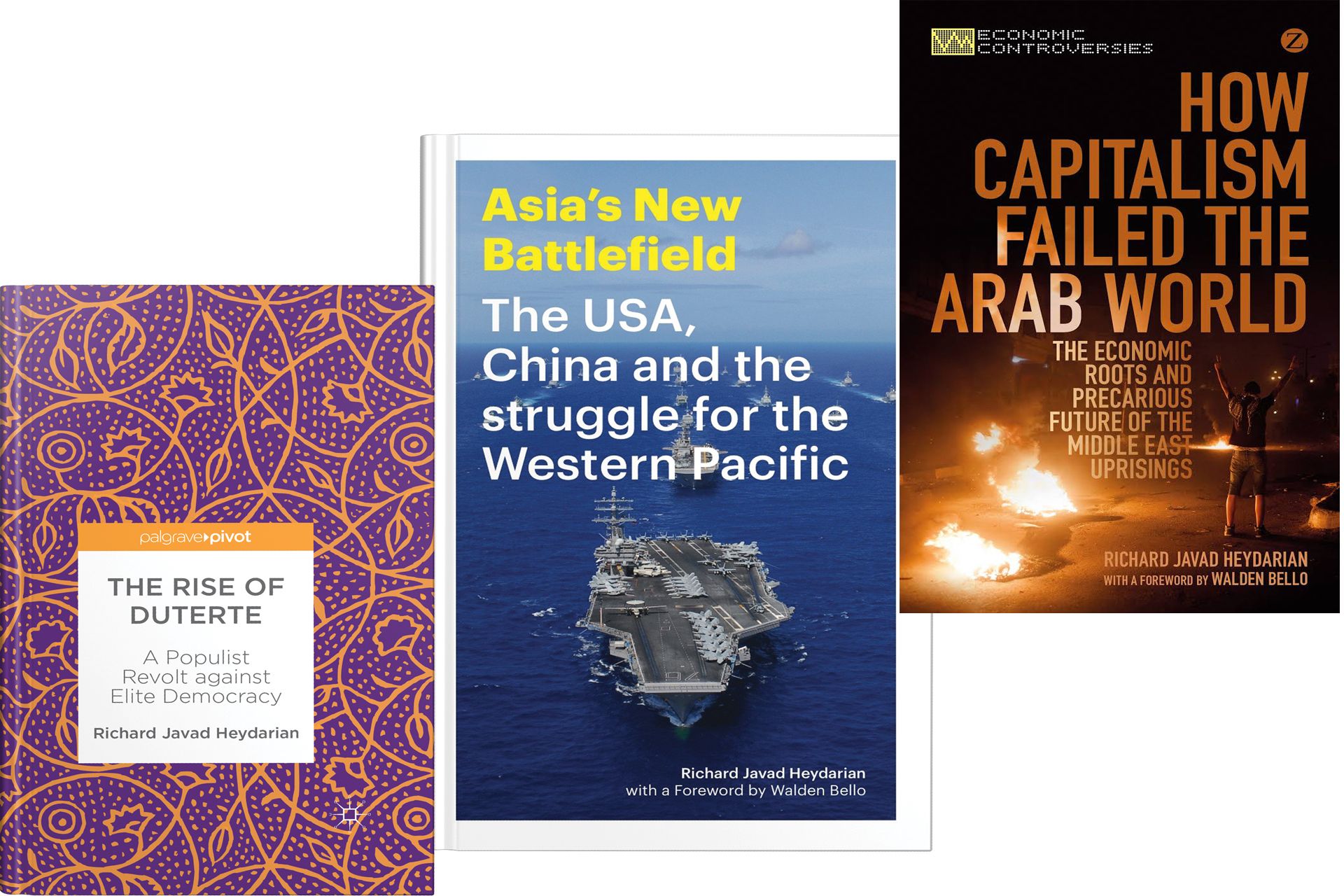This generation of business and thought leaders does not work alone. They rally their teams with the mark of bayanihan – that Filipino value that uplifts the lives of many, not just their on – in their ascent to international acclaim.
Gone are the days of the underdog. Filipinos have won many a battle in the boxing ring, the Broadway stage, and the technopreneurial field. The truth is that the case for the Philippines’ third world disadvantage has been overcome, what with our knack for innovation (or life hacks, essentially). More than that, it seems our cultural values have contributed to the last few decades’ display of Filipinos steadily claiming their spaces in unknown territories.
